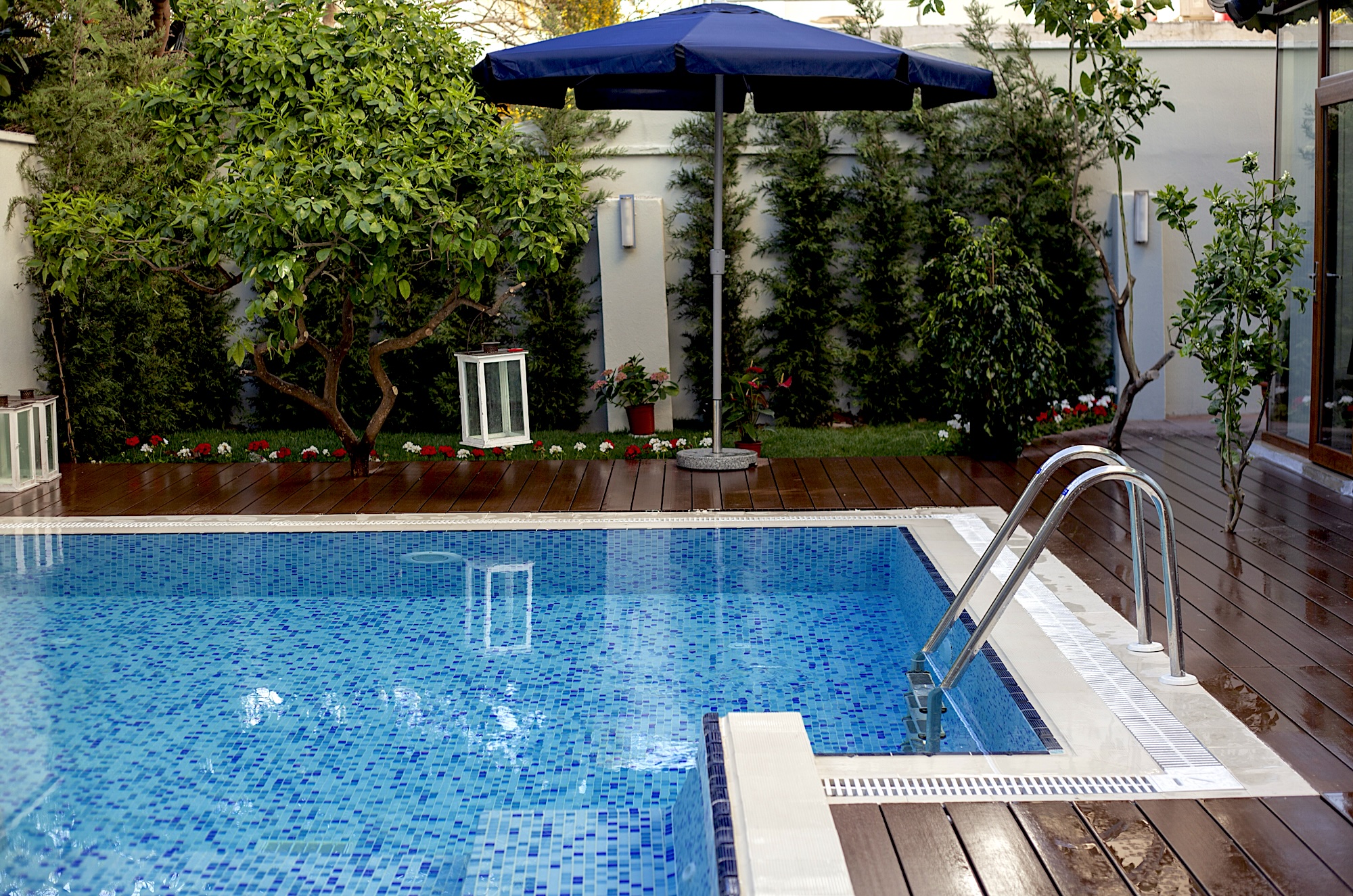Discover the Best Pool for You
Swimming pools are a fantastic way to bask in the great outdoors, maintain your fitness, and create unforgettable memories with loved ones. However, did you know that there are diverse types of swimming pools that can offer you various benefits and experiences? In this article, we will delve into two of the most popular trends in swimming pool design: naturalized and salt water pools.
Naturalized Swimming Pools: An Oasis of Serenity
Naturalized swimming pools epitomize harmony between human-made pools and Mother Nature herself. Unlike traditional chlorine pools that rely on chemicals, these pools employ plant life and biological filters to maintain water quality. They mirror the look and feel of natural ponds or lakes, complete with sloped entries, stone or clay lining, and aquatic plants. Moreover, they boast a separate regeneration zone, where water circulates through plants and filters to remove impurities and balance pH levels.
Naturalized swimming pools come with numerous advantages:
- Chemical-Free and Eco-Friendly: These pools emit no harmful gases or waste into the environment. In fact, they attract wildlife and biodiversity, fostering a thriving ecosystem.
- Low-Maintenance and Cost-Effective: With no need for regular chlorine or chemical additions, they are not only easier on the wallet but also more environmentally sustainable. They also consume less energy and water compared to conventional pools.
- Healthier and More Comfortable: Naturalized pools do not lead to skin irritation, eye redness, hair damage, or respiratory problems associated with chlorine exposure. They exude a soothing and relaxing effect on the body and mind.
However, they also pose some challenges:
- Higher Initial Cost and Installation Time: Naturalized pools necessitate more space, materials, and expertise than regular pools. They may also require permits or approvals from local authorities.
- May Not Suit Everyone’s Preferences or Expectations: Some individuals may not fancy sharing the water with plants, insects, or animals. They might prefer a more uniform and clear water appearance.
- May Need Manual Cleaning or Skimming: Although naturalized pools are largely self-cleaning, they might accumulate debris or unwanted visitors that need occasional removal.
Salt Water Swimming Pools: A Refreshing Alternative
Salt water swimming pools, while not as salty as the ocean, utilize a salt chlorine generator to produce chlorine from salt, eliminating the need for traditional chlorine tablets or granules. This generator employs electricity to break salt molecules into sodium and chlorine ions, which in turn sanitize the water.
Salt water swimming pools come with several advantages:
- Lower Annual Costs and Maintenance: There’s no need for frequent purchases or storage of chlorine products. These pools have fewer fluctuations in chlorine levels, resulting in lower overall maintenance costs.
- Less Smell and Irritation: Salt water pools lack the strong chlorine odor or taste that many find unappealing. They do not lead to dry skin, burning eyes, faded swimsuits, or green hair.
- Better Water Quality and Feel: These pools offer a softer, smoother texture that is more pleasant to swim in. The water has a more balanced pH, akin to that of the human body.
However, they have some downsides to consider:
- Higher Initial Cost and Installation Time: Salt water pools require a salt chlorine generator that can be costly and complex to install, operate, and repair.
- May Cause Corrosion or Damage: The salt in the water can be harsh on certain pool materials or equipment, such as metal parts, plaster surfaces, or heaters. Using salt-resistant materials and following proper maintenance guidelines is essential.
- Regular Testing and Monitoring: While these pools produce their own chlorine, they still require routine checks of salt level, pH level, alkalinity level, and stabilizer level to ensure optimal performance and safety.
Choosing the Right Pool for You
The choice between naturalized and salt water swimming pools hinges on personal preferences, budget, space availability, climate conditions, and local regulations. Both these options offer unique advantages over traditional chlorine pools, but also come with their own set of challenges that warrant careful consideration.
If you seek a pool that embraces a natural appearance, is eco-friendly, low-maintenance, and promotes well-being, a naturalized pool might be your ideal choice. On the other hand, if cost-effectiveness, reduced odors, comfort for skin and eyes are your priorities, a salt water pool might be the way to go.
Whichever pool type you opt for, make sure to consult with a professional pool builder who can offer expert advice on design options, materials, equipment, installation processes, maintenance guidelines, safety measures, and any legal requirements for your pool project. Here’s to countless hours of enjoyable swimming!
Looking for a home with a pool? Contact us to view properties in your area.





